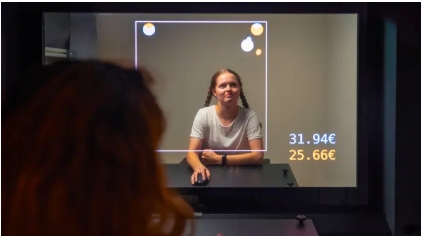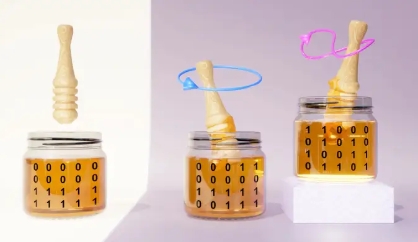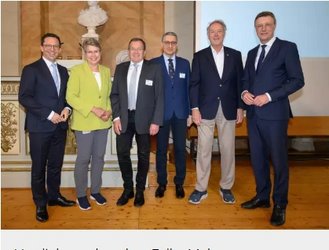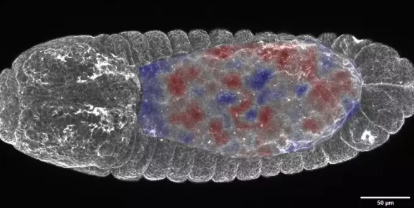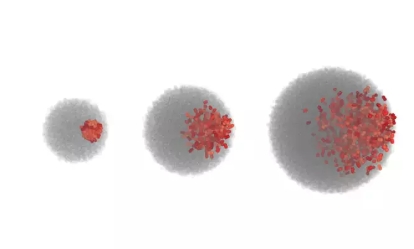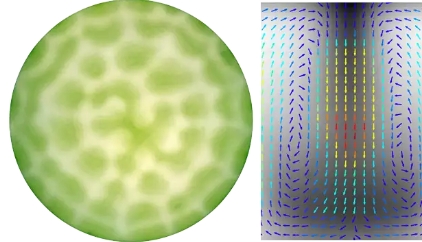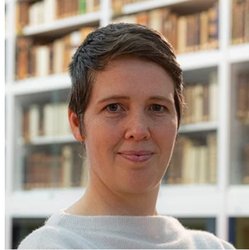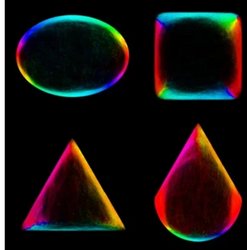Max Planck Institute for Dynamics and Self-Organization
Campus Member
No matter how well we understand the behavior of a single water droplet in the laboratory, we cannot predict how myriads of them assemble into clouds and rain, with significant impact on our climate. And although one can precisely record the electric pulses of a neuron, no one understands today how billions of them together form a thought. This is the realm of self-organization, where plenty of interacting parts organize themselves into a complex whole, without external control. The Max Planck Institute for Dynamics and Self-Organization is investigating the fundamental mechanisms of these interactions in order to obtain a detailed understanding of complex systems in general.
Collaborative Research Center
- CRC 1528: Cognition of Interaction
Participating institutions: UG, DPZ, UMG - CRC 1286: Quantitative Synaptology
Participating institutions: UMG, UG, MPI-NAT, MPI-DS, DZNE
Research Networks
- Bernstein Focus Neurotechnology (BFNT) Göttingen
- Bernstein Center for Computational Neuroscience (BCCN) Göttingen
- Deutsches Zentrum für Herz- und Kreislauf-Forschung (DZHK), Göttingen
- Heart Research Center Göttingen (HRCG)
- Max Planck Center for Complex Fluid Dynamics
- Umweltforschungsstation Schneefernerhaus
- Zentrum für Neurobiologie des Verhaltens (ZNV)
Graduate Study Programs
Joint Professorships
- Prof. Dr. Eberhard Bodenschatz - with Georg-August-Universität Göttingen
- Prof. Dr. Fred Wolf - with Georg-August-Universität Göttingen
Key research areas
The key research areas at the MPI DS are in:
Work Life Resources
- Child care facility (1-4 years, run by Kinderhaus Göttingen e.V.)
- Canteen, self-service kitchens
- Otto-Hahn-Library
- Scientific Meeting Center of the MPIDS
- Language courses (e.g. German, English, Spanish)
- Sport activities (fitness room, running, exercise during a break, workout group)
- Culture (Music, movie nights, Art expositions)
- Relaxation room
